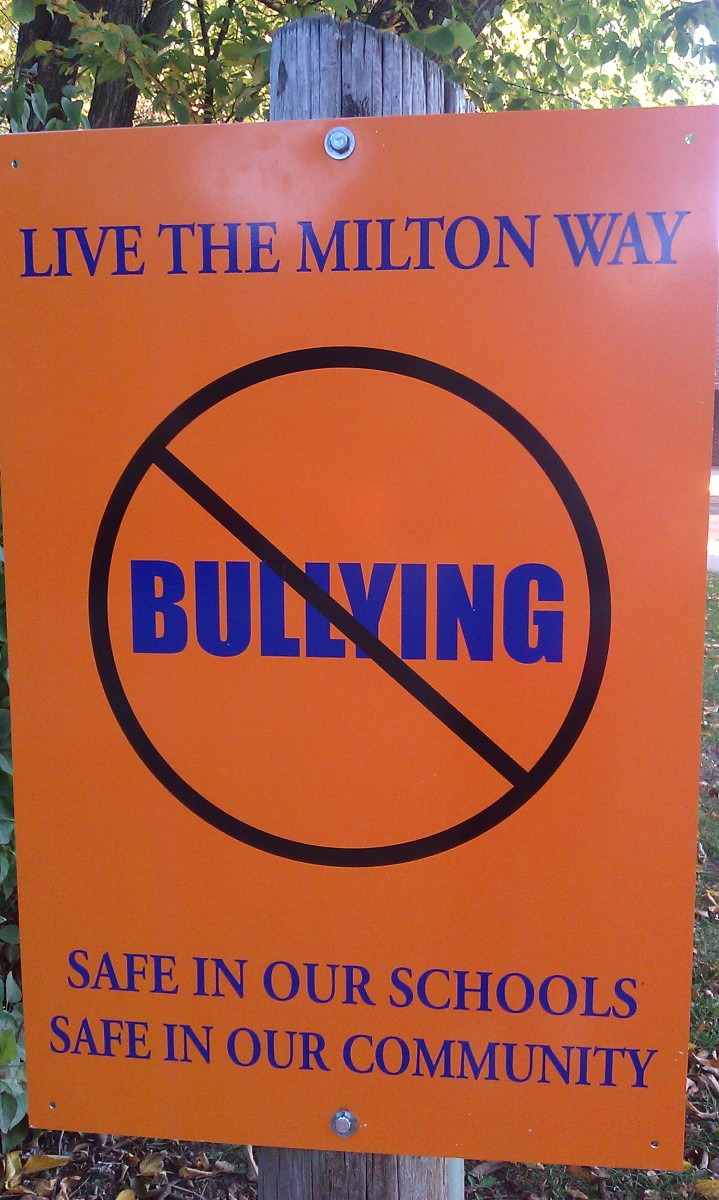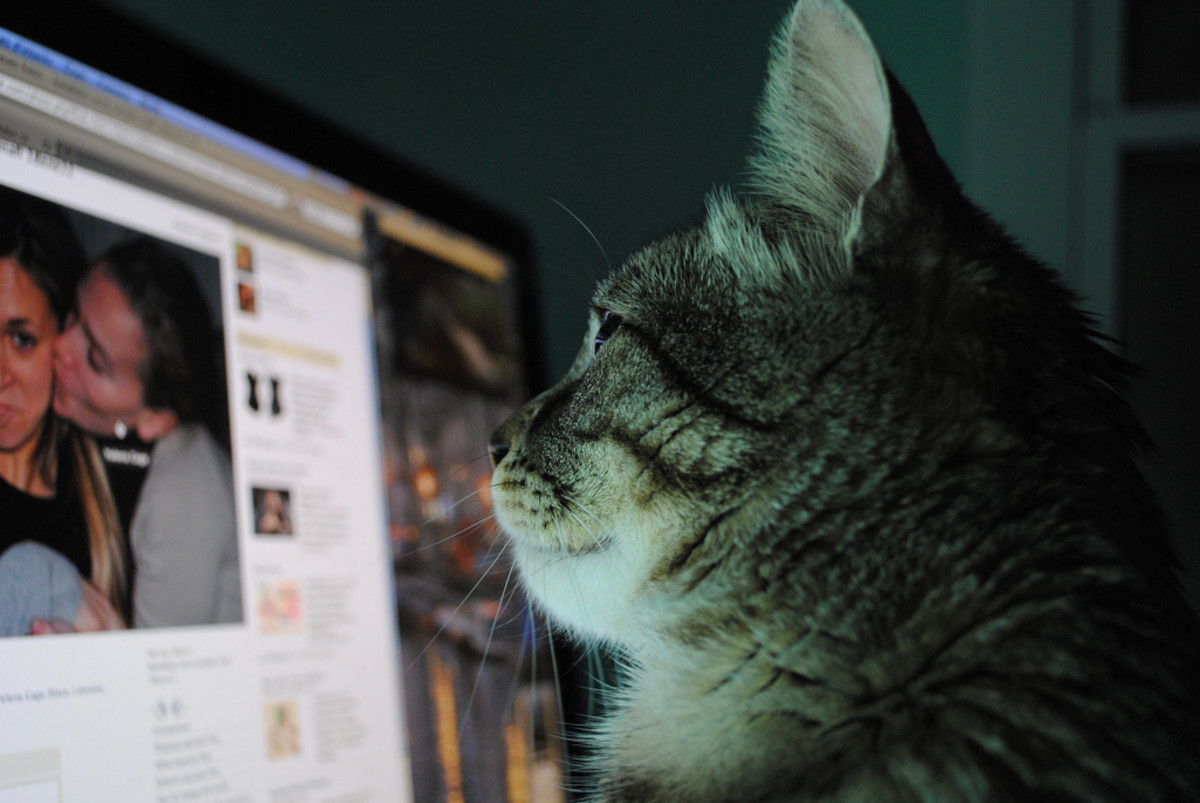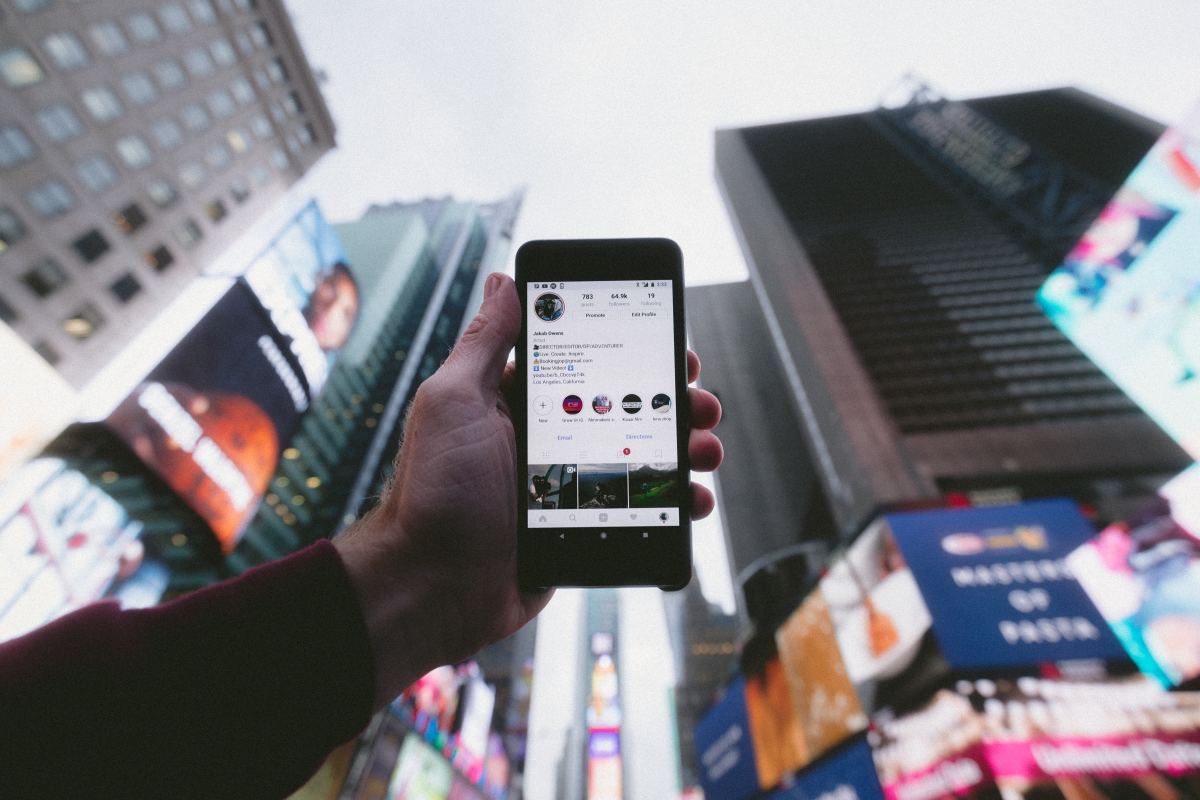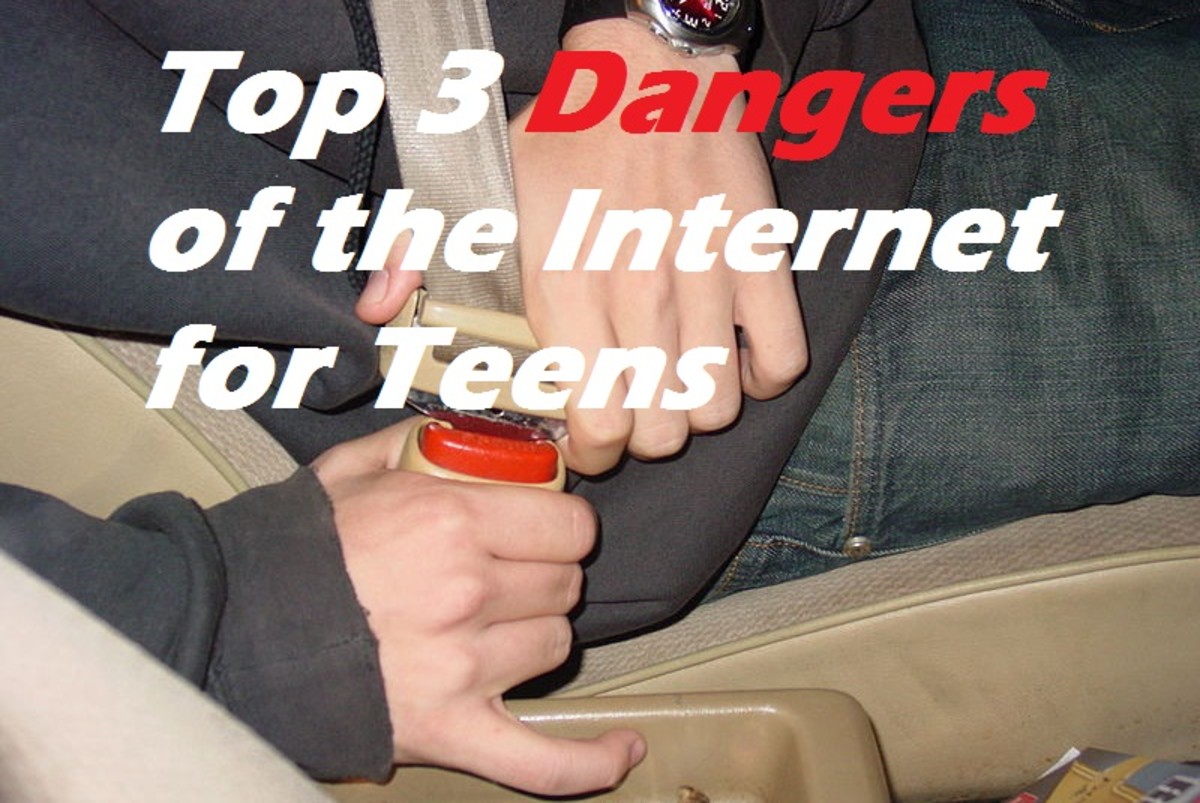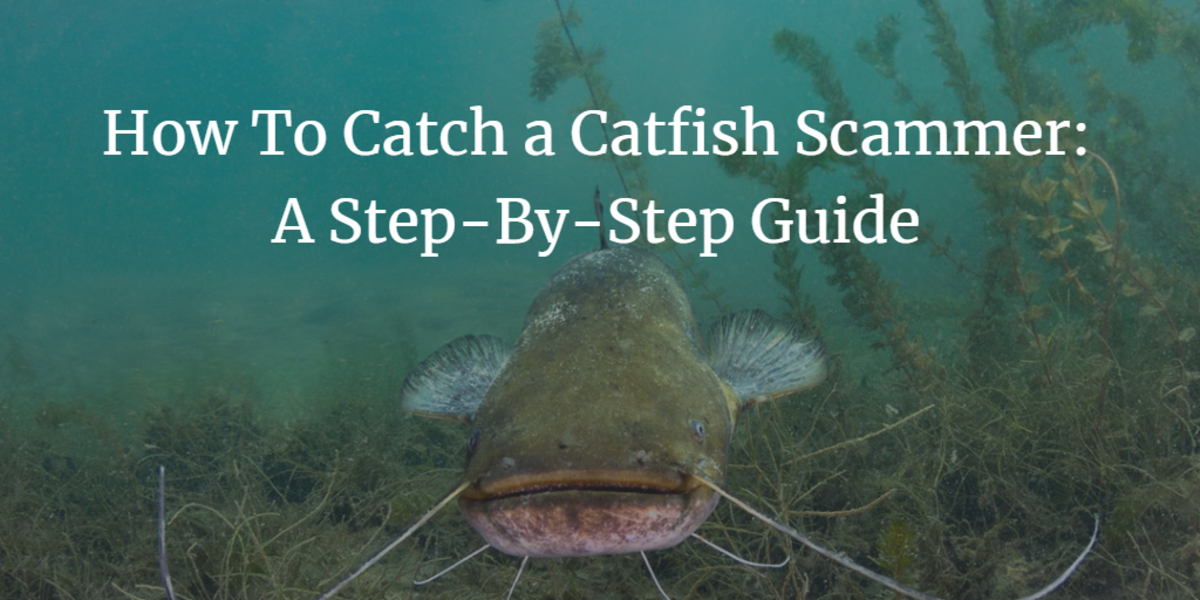Keep Your Kids Safe on the Internet
Dangers of the Internet
With how the Internet has become such a big part of life today, we often forget all the hidden dangers lurking in the shadows. I work with IT on a daily basis, I am a Certified Ethical Hacker, and I know many of the dangers out there. Even still, I find myself often taking for granted the information I have when it comes to my kids and their safety on the net.
I grew up in the 80's, a world associated with a few gaming systems and non-connected computing resources. A member of your wagon party might get dysentery and die on The Oregon Trail, but you were relatively safe from harm by today's standards. When we did finally get the Internet, it was after I'd already spent a few years logging into BBS's (bulletin board systems) with our dial-up modem. The web was slow and sluggish. Loading up pictures took minutes and sometimes you just closed the Netscape Navigator browser and gave up. There was no social media. You could always just power down and go outside. Life isn't really like that anymore. Many kids have ready-access to cellphones with data plans. They join and form online social cliques. So much of their world is connected to the web.
Kids and teens have a funny way of thinking they know everything. In many ways they do know a lot more than we did at their age. Information is available at the fingertips, easily accessible on demand. There are so many good sides to the Internet. Of course, it isn't without it's dark alleyways. Just as information is easier for us to obtain, prey is easier to lure in for the online predator. Porn is easy to access. Even instructions for building bombs and other dangerous devices can be had with a few simple searches.
It begs the question, "Who is keeping your kids safe on the Internet?" Who should command the grand imperative? Who should censor the Net?
Anonymous Poll
Have you talked to your child about the dangers of the Internet?
An Honest Conversation
The easy answer for some is that laws should be put into place to keep the Internet decent, to control content, and police areas where teens and young children might be able to visit. As an Information Security professional I can tell you, there is no good way for that to happen. Trust me, I'm not here to beat you up. I just want to remind you, as with topics like alcohol, drugs, and sex, you should talk to your kids about your expectations for their behavior on the Internet. Is it okay to arrange to meet up with someone they don't know? How much time will you permit for social media and web browsing per day, per week? Are there times when they should not be using the Internet, such as during the school day or before their homework is finished? These are good questions and they should help you start to define responsible online behavior for your children.
Another thing to consider is that kids aren't always the victims of Internet abuse. Can you imagine finding out that your child bullied a peer into committing suicide by endlessly harassing them over social media and through texts and calls? I know a few bullies from my school days who seem to have turned out fine. But where would they be today if they had been able to express that childish behavior beyond the confines of the school day? What if they had a seemingly magical device that would transport them to their victim at any time of the day? That's exactly the kind of world we live in today. Now, some of you probably think your kids aren't capable of bullying. If you can't remember ever saying something harsh or hurting someone as a child, maybe you're right. But then again, peer pressure can be a horrible influence.
Either way, having a channel of open and honest communication with your kids is vital to ensuring they don't fall into either category: victim or predator. We should all try to be on the same team with this, but bullying and trolling on the web come almost second-nature to many, even adults. You don't have to browse many online forums or debates to realize just how much power a sense of anonymity gives to some folks - regardless of age. It can be as harmless as debating an insignificant topic, or as bad as bullying and sexual harassment or the luring of some unsuspecting victim.
Danger (We Love Our Children)
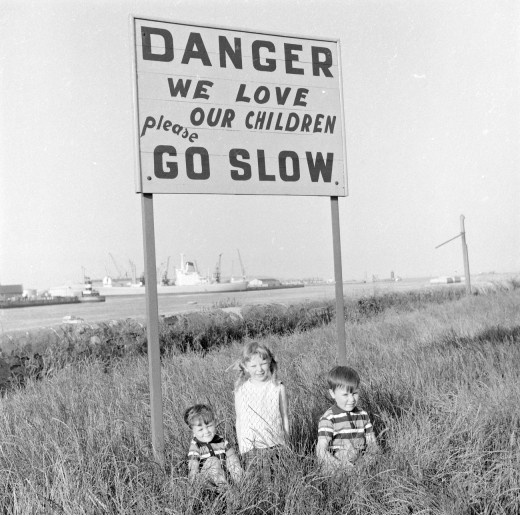
Stop, Drop, and Roll
As children, we all practiced fire safety drills. Stop, Drop, and Roll has been ingrained within the minds of countless children across the globe. However, today there is a danger lurking around every Internet corner. Children and teens are exploited and hurt online every single day. While we all spent so much time rehearsing the solution to spontaneous combustion, we are ill-suited to handle this new threat. Just like fire, online predators can leave scars that last a lifetime.
Just like practicing what to do if you catch fire, talk with your children about what they should do if that internet or texting conversation suddenly veers into unsafe waters. What should they do if they suddenly feel vulnerable or embarrassed by what this Internet persona has said or asked of them?
As messed up as it is, some predators will use you against your children. "You better not tell your parents about this, they would get really angry. I won't get angry, you know I'm your friend." Huh, some friend, right? But kids don't see the world like we do. They are still growing; still defining what they consider to be right and wrong. Without knowing what they should do beforehand, many end up fanning the flames. Their actions, while seeming to make sense at the time, only cause further burns and more scars.
Princess is Caught in the Web
Friend of a friend? Who is this?!
We hear about this all the time in the Information Security and Cyber Security arenas. This social manipulation isn't just designed to fool kids. Powerful CEO's and high-level managers fall for this trick a lot. Why?
One answer to the question is inherent trust. Most of us don't realize there are people out there who view us as targets. CEO's and managers are targets because business secrets can be had. Children are targets because some people enjoy preying on them to fulfill their own twisted desires. Another answer is that with Internet 2.0, the social revolution of cyber space, networking is such a big part of our lives. The friend of a friend model has become very much an accepted norm.
What is especially dangerous is when a predator is able to make successful contact with one child or teen and then uses that foothold to get access to others. There's an inherent trust mechanism there which works very well. In movies we always see the mob's approach of vouching for someone and what the consequences are if that introduction goes south. Today, there are no real consequences for bad introductions. In fact, these connections are often so trivial we accept the invite to connect and quickly forget how we made the connection in the first place.
Is it too unreasonable to think, perhaps some of these people aren't who we think they are? How hard would it be to create a fictitious online persona and make some connections? I imagine you would find it much easier to make connections once you've gotten a few of the low-hanging fruit in your contact lists.
Is your child being bullied?
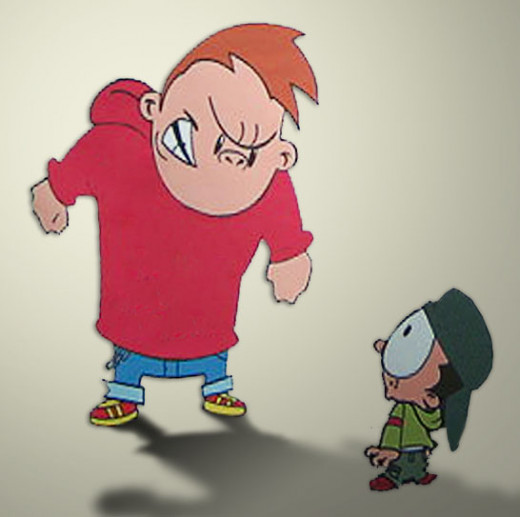
Open lines of communication are key!
Our oldest daughter was playing an online browser game about a year ago when she ran into a dangerous situation. During the course of her play time she met an online friend who added her to their contact list after meeting in one of her play sessions. Over time they started chatting as she was playing. In her mind he was a boy about her age who enjoyed playing the game as much as she did. He seemed nice.
Over time, however, the conversation started leading in directions she wasn't comfortable with. It may have started by a simple question of whether she'd ever kissed a boy, but soon it was enough to make her feel very apprehensive. Still, she played more and more because the boy was nice to talk to otherwise and she'd start trying to arrange her game time around when he'd be on. After a while, it became too much. Her suspicions alerted her to a potentially bad situation and she talked with her mom about it.
After some discussion, the two decided it would be best to not play that game any longer and to be very careful with unsolicited online communications in the future. It was a joint decision and while our daughter was unhappy about no longer being able to play the game, she realized she made a mistake by sneaking around and violating our computer use rules to meet with the "online boy". We also told her that we were very proud of her for coming to talk to us. It was a very mature action, one she should feel proud of.
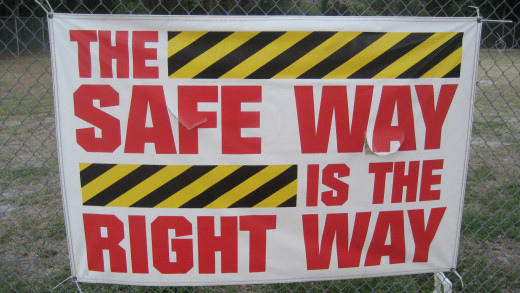
Talk to your kids before it's too late.
Unfortunately, a one-time conversation is not enough to keep your kids safe on the Internet. Social media and other social platforms are continually evolving. An innocent online search could turn into a very unhealthy obsession. At times, you may need to unplug the world-wide connection for a while. Find your grounding point and retry. Help your kids learn how to identify bad situations and oppose bullying of any sort, online or otherwise. In the end, a lawmaker or Internet Service Provider cannot keep your children safe. Even as parents we can't protect our kids from all the dangers of the world at any given moment.
The best we can do is to try to give our children the best tools to deal with the many threats they will face in life and let them know we always want them to come to us with their problems so we can work together to solve them the best way we can.
© 2014 R. Brady Frost

